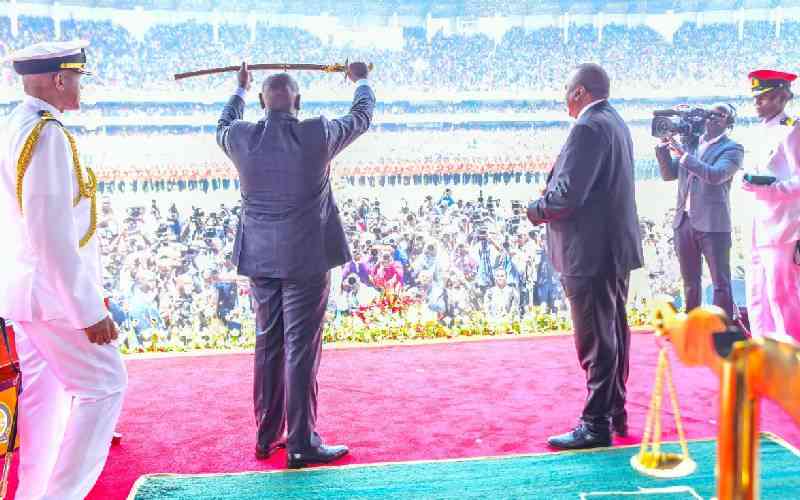×
The Standard e-Paper
Fearless, Trusted News

Anxiety was palpable in the days and the hours to the final handover of power from fourth President Uhuru Kenyatta to William Ruto Tuesday, September 13.
Some of the Ruto allies had been unhappy that Uhuru had not congratulated the UDA candidate even after his victory was affirmed by the Supreme Court one week ago, which removed the only hurdle remaining to his inauguration.